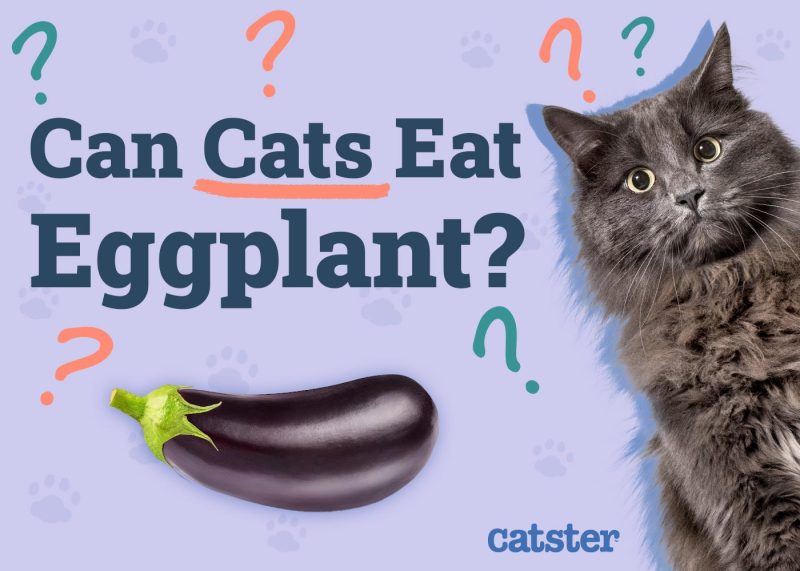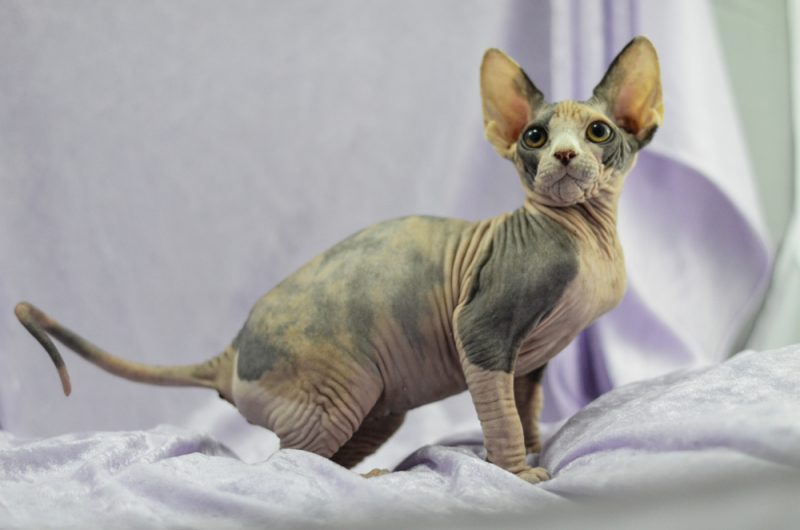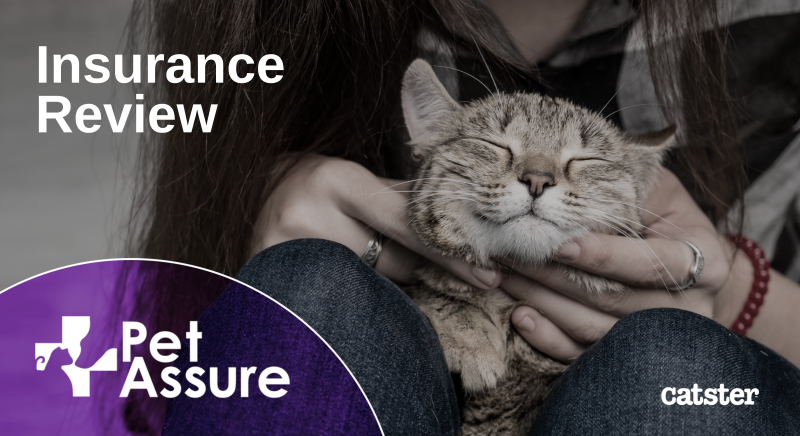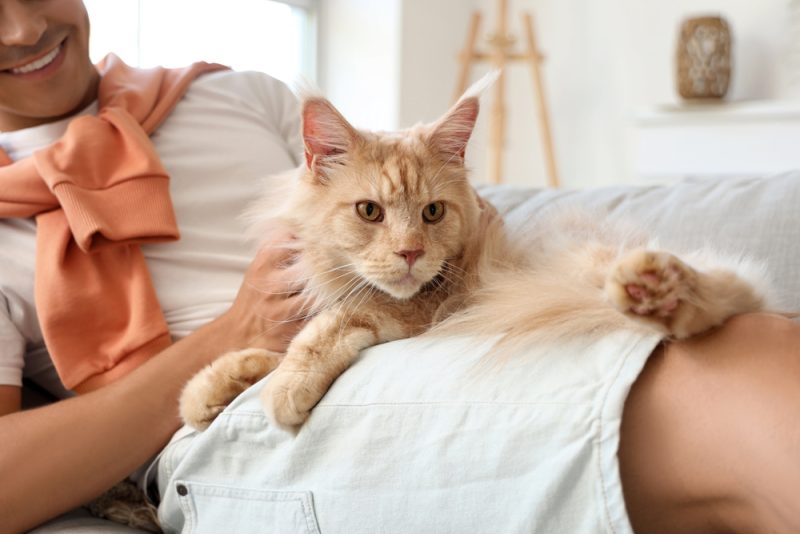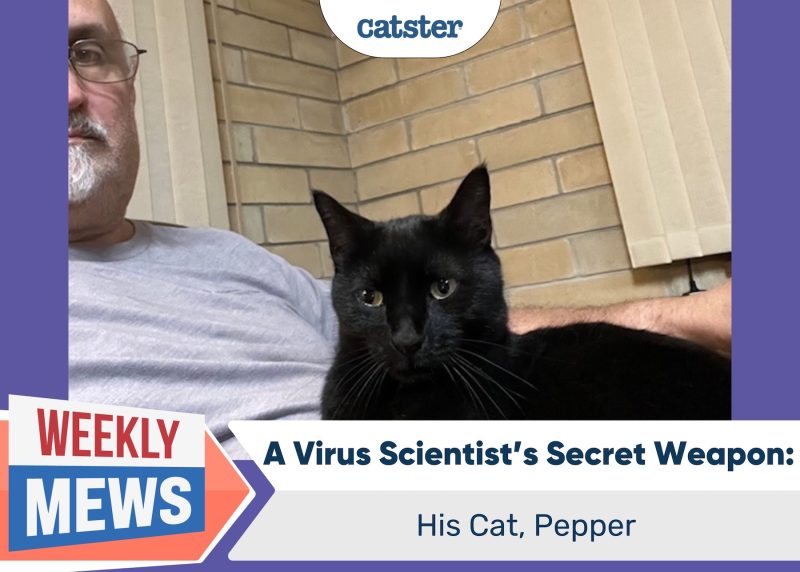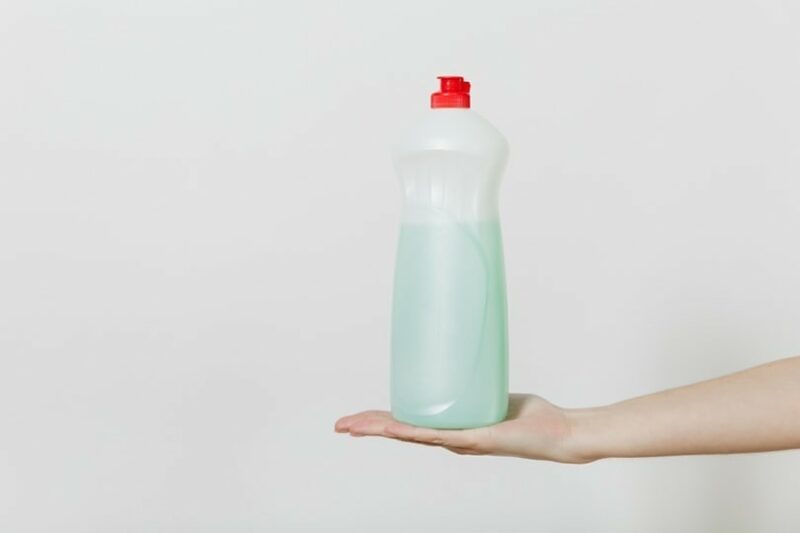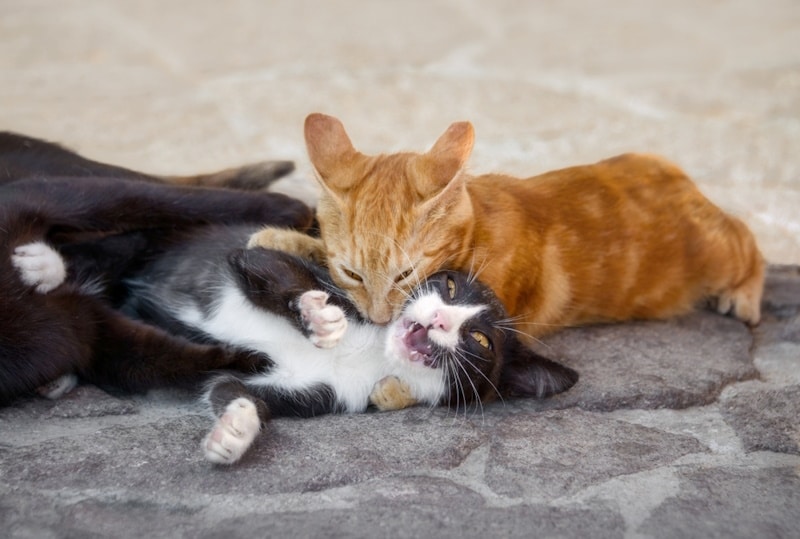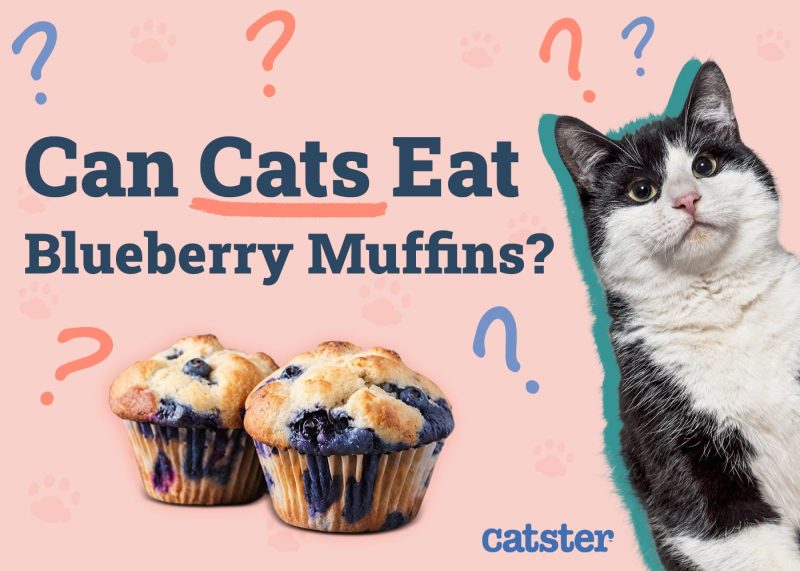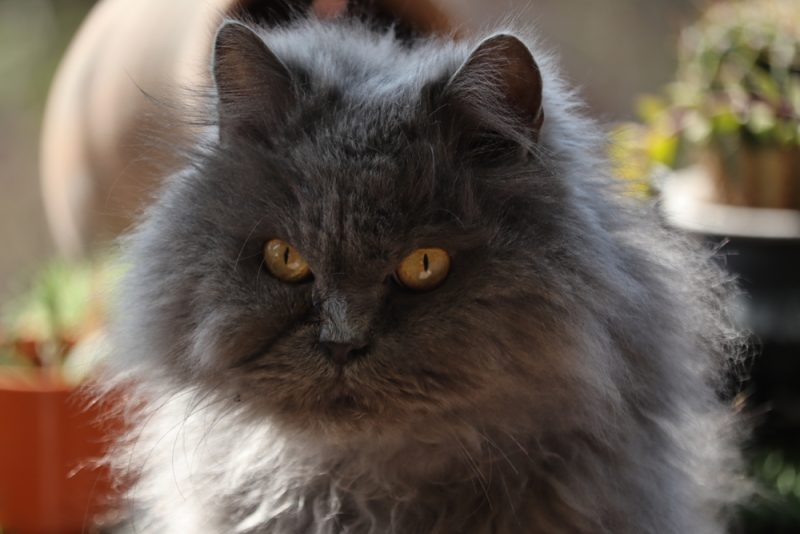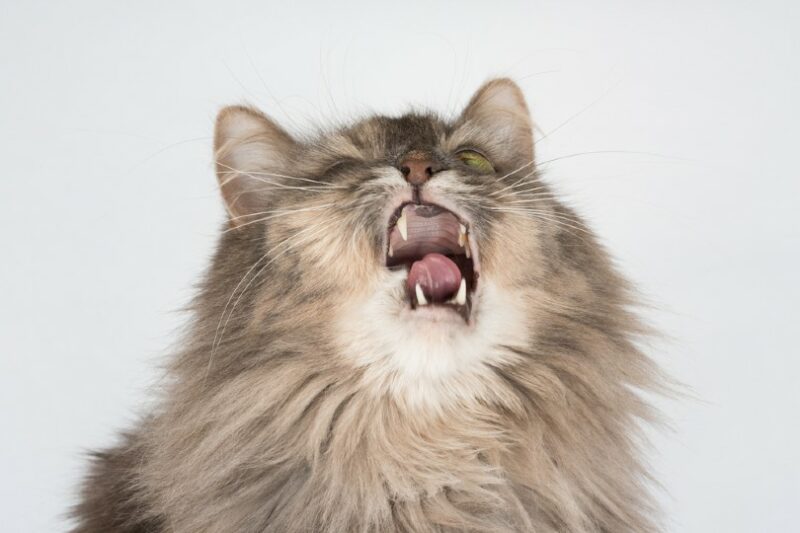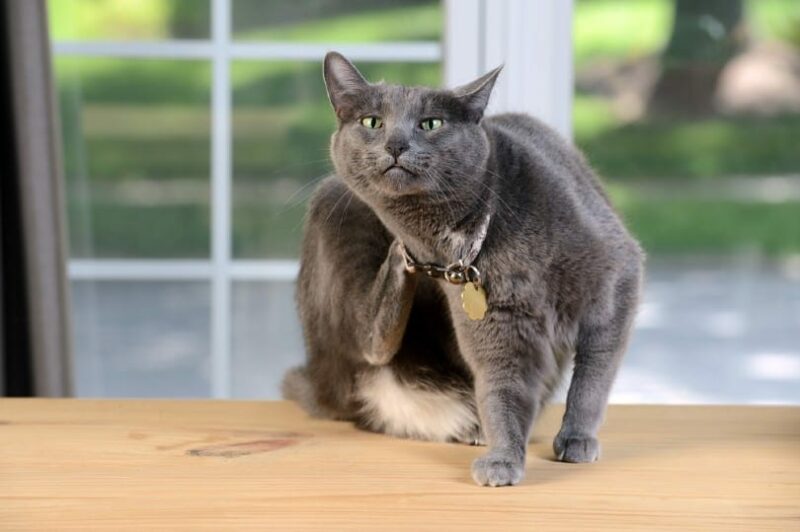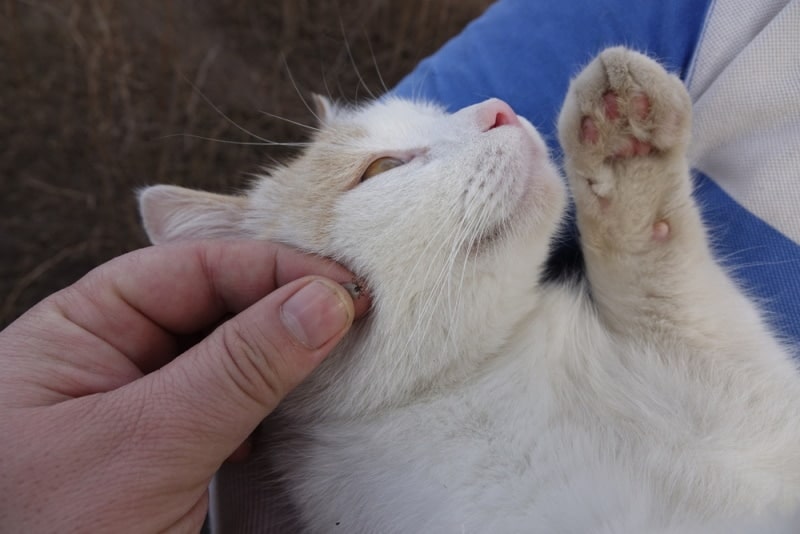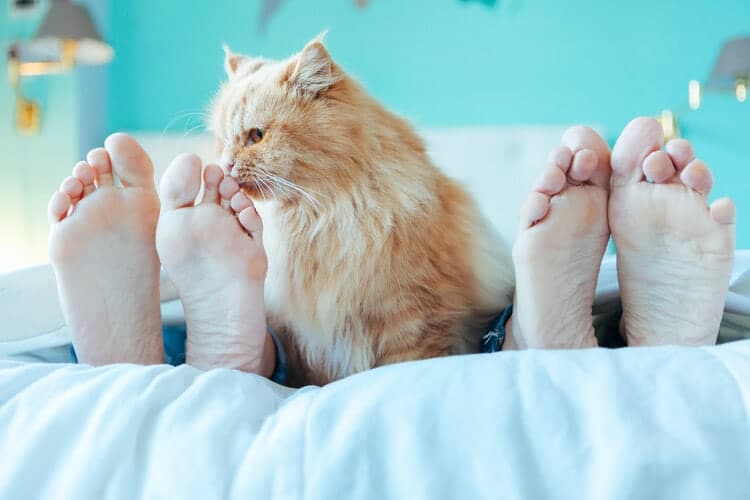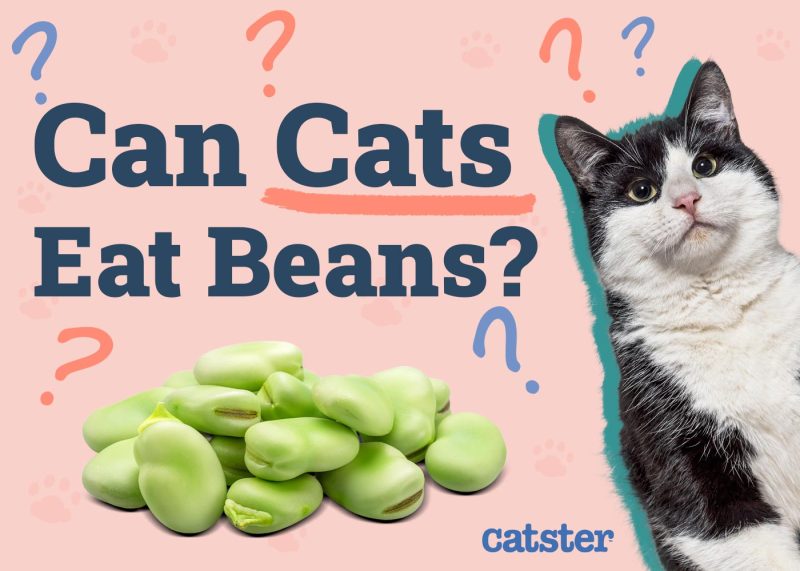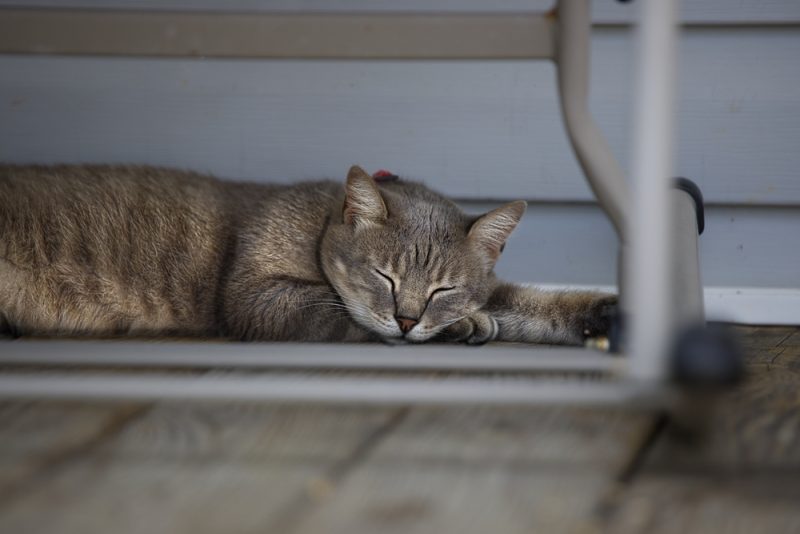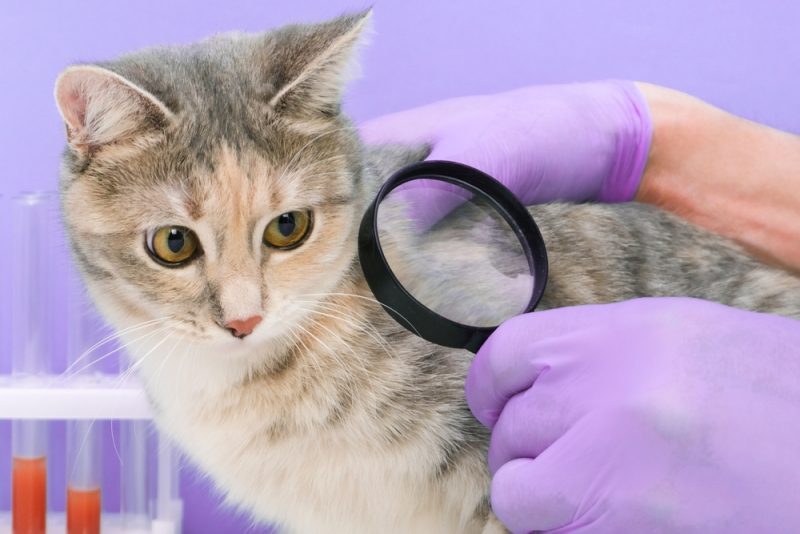We all love sharing food with our cats but often wonder what foods are fine or harmful. Eggplant might be one of those foods you are unsure about. Even though you might be tempted to share some eggplant with your cat, you shouldn’t. Eggplants contain toxic substances, like solanine, which are toxic to cats in large quantities.
Read on to learn why the fruit is dangerous and its effects on cats. We will also tell you what to do if your cat consumes the fruit.
Why Cats Should Not Eat Eggplant
Also known as aubergine, this purple vegetable may be a good source of nutrients for humans but should not be consumed by cats.
Like tomatoes and potatoes, eggplants belong to the nightshade plant family that has solanine as their common trait. This alkaloid is vital because it aids in the growth and development of eggplants. However, interaction with the substance can have adverse effects on cats.
Besides solanine, eggplant also contains oxalic acid. While it may not be poisonous, this substance can bond with calcium in the blood, forming calcium oxalate crystals. When these crystals are deposited in the bladder and kidney, they can cause urinary tract issues.
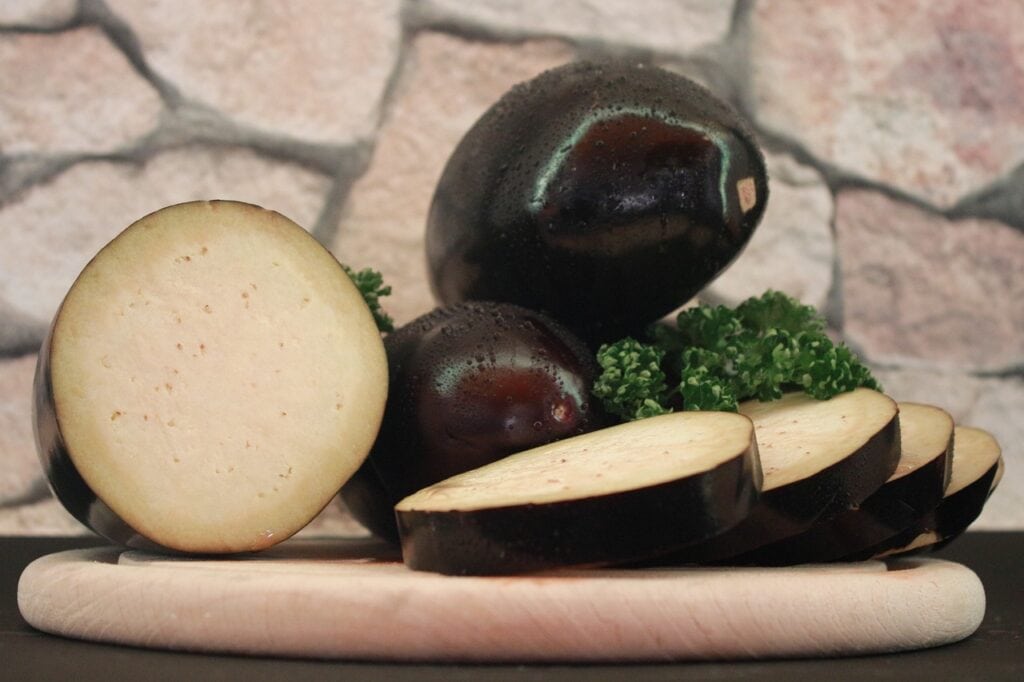
Effects of Consuming Solanine
Consuming eggplants could lead to solanine poisoning in cats.
- Nausea
- Vomiting
- Throat irritation
- Diarrhea
- Dehydration
- Abdominal pain
- Fever
- Loss of appetite
- Slow reflexes
- Constipation
- High or low heart rate
- Drooling
- Fatigue
- Shortness of breath
- Seizures
- Unusual behavioral changes, such as aggression, withdrawal, or non-active demeanor
Risk Factors
The severity of the signs will depend on the amount of eggplant consumed, as well as your cat’s breed, age, and general well-being. The higher the amount consumed, the more adverse the effects, especially if your cat eats eggplant for the first time.
Additionally, smaller cat breeds and kittens are more affected by solanine poisoning when compared to larger cat breeds or adult cats. This can be attributed to the fact that smaller cats have a larger surface area to volume ratio, which gives the toxins a shorter duration to get absorbed into the cat’s bloodstream.
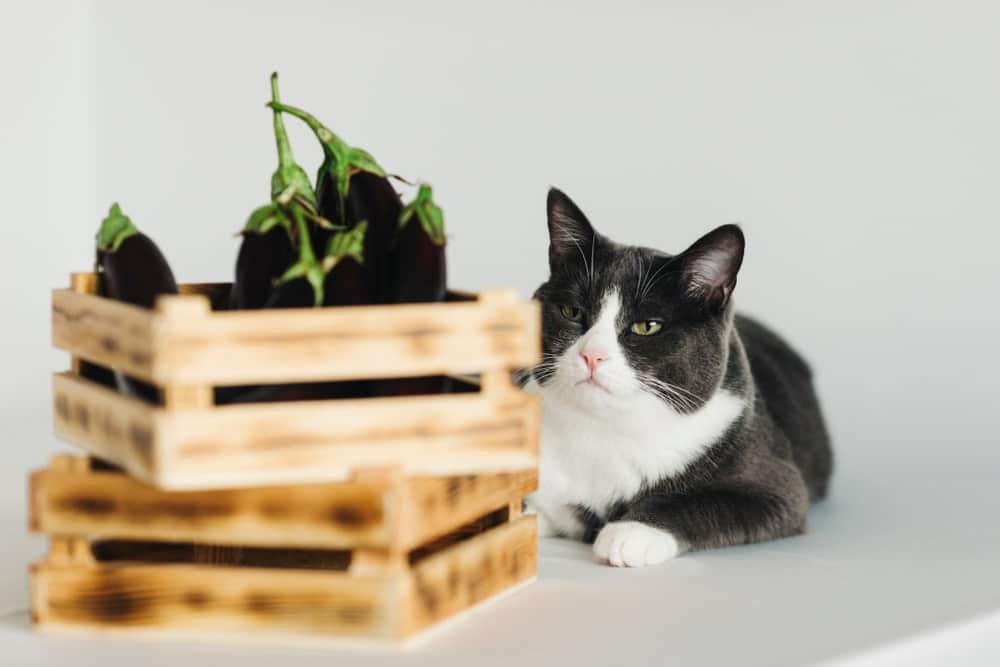
What to Do if Your Cat Eats Eggplant
If eggplant is a staple food in your household, you can only manage to keep them away from your cat for so long. Eventually, your curious cat will find a way to sneak past you and munch on the delicious vegetable. Therefore, it’s best to be prepared in case of such an event.
First, check for side effects. If you notice that your cat has eaten some eggplant, the first thing you should do is make sure they do not eat any more and watch out for any side effects, such as tremors, lethargy, and abdominal pain. Some adverse signs like dehydration can be managed by giving your cat some broth or water. The key is to stabilize your cat long enough to take them to a professional for diagnosis and treatment.
Reach out to your vet. Give the vet enough information about the incident so that they are in the best position to save your cat’s life. This information includes exposure duration, the amount of eggplant consumed, and early signs witnessed. The vet will then administer the right treatment depending on the severity of the condition.
If you need to speak with a vet but can't get to one, head over to PangoVet. It's an online service where you can talk to a vet online and get the advice you need for your pet — all at an affordable price!

Tips for a Healthy Diet
Cats are obligate carnivores and thrive on a diet that comprises mostly of animal-based protein. Examples of such proteins include poultry, beef, lamb, and pork. This usually indicates that the cat food has enough animal-based ingredients to supply the much-needed fatty acids and amino acids.
Also, keep your cat hydrated, but most importantly, feed them small portions of food spread out throughout the day.
Conclusion
Eggplant is considered one of those foods that a cat should never consume. Solanine and cyanide poisoning are the two major reasons why eggplant presents such a huge health risk to cats. When consumed, solanine can trigger several neurological and gastrointestinal signs in your cat.
So, if you suspect that your cat has eaten eggplant, you should immediately get in touch with your local vet. Early signs of solanine poisoning may include diarrhea and vomiting. Severe signs of poisoning may include drooling, trembling, and respiratory problems.
See also:
Featured Image Credit: oleksandr-pidvalnyi, pexels
